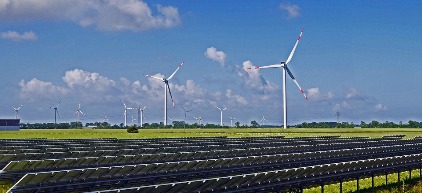Bescom is preparing to save excess energy from renewable sources, which can be used when demand peaks. It claims to be the first such attempt by a government utility.
The power utility is readying a proposal that aims to store electricity generated from solar and wind energy, which remains unused during the day, so that it can cater to any subsequent shortage of power. Sources in Bescom said a proposal was being readied to get the process going.
Earlier this year, Tata Power Delhi Distribution Ltd. (Tata Power-DDL) installed what was touted to be the country’s first grid-scale battery-based energy storage system in Delhi.
A power-starved State
Karnataka has been a power-starved State for many years, with a severe shortage in some years forcing the government to resort to load-shedding, staggered holidays for industries, and purchase of power from other States at high costs. Power purchase has often been cited as one of the main reasons the electricity supply companies have sought hikes in tariffs — a bitter bone of contention with consumers who have accused the power utilities of unreliable power supply.
In recent years, though, the Energy Department has been stating that the State has surplus power. Bescom officials said on an average, close to 5,000 MW of electricity are being generated in the State from solar and wind energy, with the quantity from each source varying according to the season.
An official said that there is an excess of solar and wind energy during the day. If we start storing this, it can be used to manage high demand, especially during summer. In addition, it will be of help if there is a shortage of power.
Officials said such an arrangement would be ideal for load centres such as Bengaluru — which is where the power utility is planning to install the energy storage batteries, most probably in one of the sub-stations from where the stored power can be fed to the grid when needed. Bescom is looking at two systems: 5 MW and 10 MW.
The Bangalore Electricity Supply Company (Bescom) officials said at present, the State was selling its surplus energy — around 300 MW to 400 MW — in the energy exchange. The official also added that once the storage system is in place, Bescom will continue to sell one part of surplus energy and store the remaining.
Source: The Hindu

